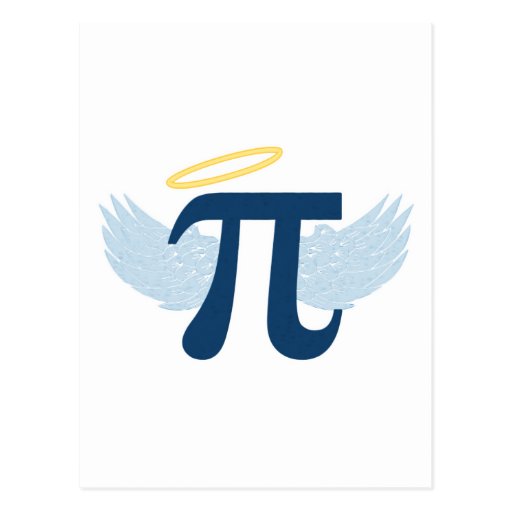I'm a controller at heart. I have to know what's next, determine how to handle the next steps and internalize the success and/or failure of my decision. This is simply because I must be in control. But I promise you, if you ever saw me teach,children or adults, you would never know it. How could such contradictory happen within one person? I've learned the art of being less helpful or the art of losing control.
If you're anything like me, a controller, the thought of losing control is a hilarious and ridiculous one. Until you find yourself feeling beat down from doing, thinking and saying it all. You find your students looking at you with closed mouths and empty stares waiting for you to tell them what to do, how to do it and if they've done it right. You own all the knowledge and all the control. You haven't made impact on anyone's life but your own.
Well, what do you do? You slowly stop telling answers but answer questions with questions. Students ask, "What am I supposed to do?" Your response is, "What are you trying to do," followed by "What information do you have?" And then you simply walk away. Your student is left with the very information they need to approach a task, problem or equation without you telling them a thing. So the next time they run into that same issue, they rely on this experience to help them solve another problem.
Don't look at it as not helping the student because you are, you're helping them make sense of problems and persevere (SMP 1), you're leading them to reason with quantities (SMP 2), you're guiding them to model with mathematics, look for patterns, use math language and more. You are creating mathematical thinkers all while losing control. You aren't saying, "I can't tell you that," rather you're asking the student what they think (remember that metacognition phrase from your education college classes?).
In a recent workshop I facilitated, participants were working on a task. I overheard a lady inquire about a strategy she was planning to implement. The lady sitting next to her replied, "Well don't ask Jenise because she won't tell you." As a controller, I had two options after listening to her question 1. Tell her exactly what she needed to move forward or 2. Ask her and her group members what they thought. I chose the latter. They were able to confer, own their understanding and continue on with the task.
I encourage you to try your hand at being less helpful. In each grade level overview of the K-5 math units for Georgia are lists of questions you can use to allow your students to own their understanding and control their math world https://www.georgiastandards.org/Common-Core/Common%20Core%20Frameworks/CCGPS_Math_4_GradeLevelOverview.pdf. Once you do, post a comment to tell me all about it.








